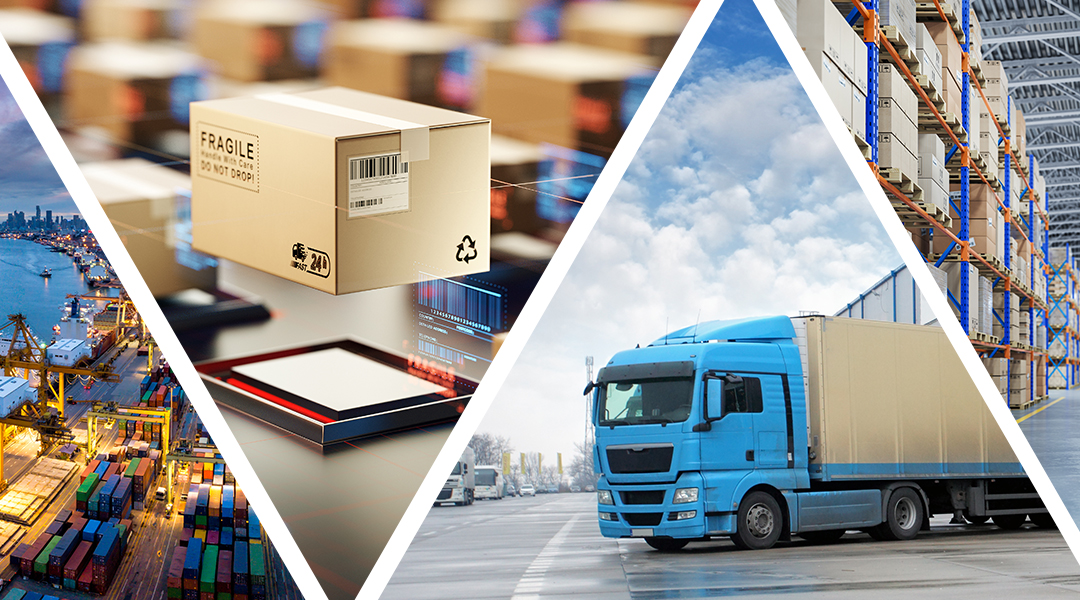Efficiency in motion lies at the heart of modern logistics, a dynamic and intricate system that orchestrates the seamless flow of goods from production to consumption. In the contemporary business landscape, where speed and precision are paramount, logistics has evolved into a finely tuned ballet of processes and technologies. Central to this evolution is the integration of cutting-edge technologies such as Artificial Intelligence AI, Internet of Things IoT, and advanced analytics. AI has emerged as a game-changer in optimizing logistics operations. Machine learning algorithms analyze vast datasets, identifying patterns and predicting demand fluctuations with unparalleled accuracy. This enables companies to anticipate inventory needs, reducing the risk of stockouts or overstock situations. Additionally, AI enhances route planning and optimization, ensuring that goods reach their destinations in the most time-efficient and cost-effective manner. Predictive maintenance powered by AI minimizes downtime by anticipating equipment failures, thereby preventing disruptions in the supply chain.

The Internet of Things IoT further amplifies the efficiency of logistics solution by creating a network of interconnected devices. From smart sensors in warehouses tracking inventory levels in real-time to GPS-enabled tracking devices on transportation vehicles, every step of the supply chain becomes visible and controllable. This heightened visibility allows for proactive decision-making, enabling companies to reroute shipments, adjust inventory levels, and respond swiftly to unexpected disruptions such as weather events or traffic congestion. Advanced analytics is another cornerstone of modern logistics, providing companies with valuable insights into their operations. By leveraging data analytics, companies can identify inefficiencies, streamline processes, and optimize resource allocation. Real-time monitoring of key performance indicators KPIs allows for agile decision-making, fostering a continuous improvement mindset. Moreover, analytics enable the identification of trends and market dynamics, empowering companies to adapt their logistics strategies in response to evolving consumer demands and market conditions.
Efficiency in motion is also reflected in the evolution of last-mile delivery solutions. The rise of e-commerce has intensified the focus on this crucial aspect of the supply chain. Innovations such as drones, autonomous vehicles, and crowdsourced delivery networks are reshaping the last-mile landscape, making it faster and more responsive to customer expectations. These technologies not only reduce delivery times but also enhance the overall customer experience, a critical differentiator in today’s competitive market. In conclusion, the pursuit of efficiency in motion propels the evolution of modern logistics. The synergistic integration of AI, IoT, and advanced analytics optimizes processes, enhances visibility, and fosters adaptability in the face of dynamic market conditions. As logistics continues to evolve, companies that embrace these technologies and innovative solutions are poised to not only survive but thrive in the ever-changing landscape of supply chain management.
